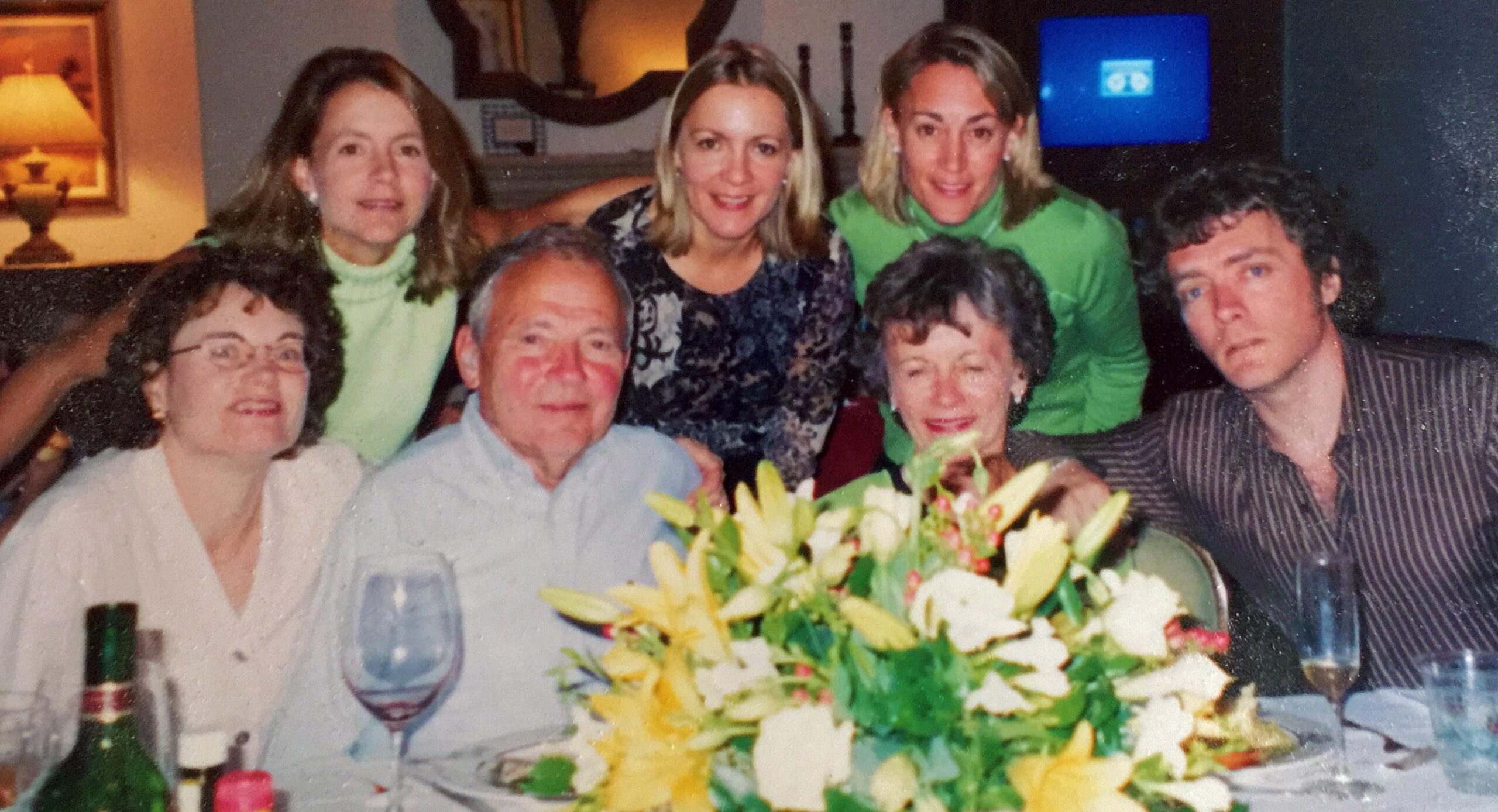
Relieving Suffering from Neurologic Diseases
When Glenn Head was diagnosed with Alzheimer’s disease in 2003, his wife, Carol, made every effort to give him the best quality of life.
“She took him for walks several times a day, cooked healthy meals, engaged him with simple jigsaw puzzles,” says their daughter Marcia. “She even hired someone to come play piano for him with the hope of reaching the part of him that always loved music.”
In 2012, just months before Glenn’s death, Marcia and her four siblings noticed their mother had tremors, fatigue, and unsteadiness. They attributed it to age and the toll of caring for her husband, but Carol had developed Parkinson’s disease.
“Alzheimer’s and Parkinson’s robbed my parents of years of their lives,” Marcia says. “I’m hopeful that my generation and future generations will not have to suffer from these slow and painful diseases.”
Marcia, who had sought medical care at Brigham and Women’s Hospital in the past for herself and her children, heard the hospital was about to open a new center—the Ann Romney Center for Neurologic Diseases. Its mission to accelerate treatment, prevention, and cures for neurologic diseases drew her to the launch event, where she met Alzheimer’s researcher Tracy Young-Pearse, PhD.
“It was wonderful to meet Dr. Young-Pearse, who is working tirelessly to solve Alzheimer’s,” Marcia says. “She explained how donations translate to more hours in the lab and more progress understanding these complex diseases.”
Inspired, the Head Family Foundation made a generous gift to support Young-Pearse’s research, as well as Parkinson’s research led by her collaborator, Matt LaVoie, PhD.
“I know my story is just one of millions,” says Marcia. “Finding treatments and cures for these diseases would relieve suffering on a global scale.”